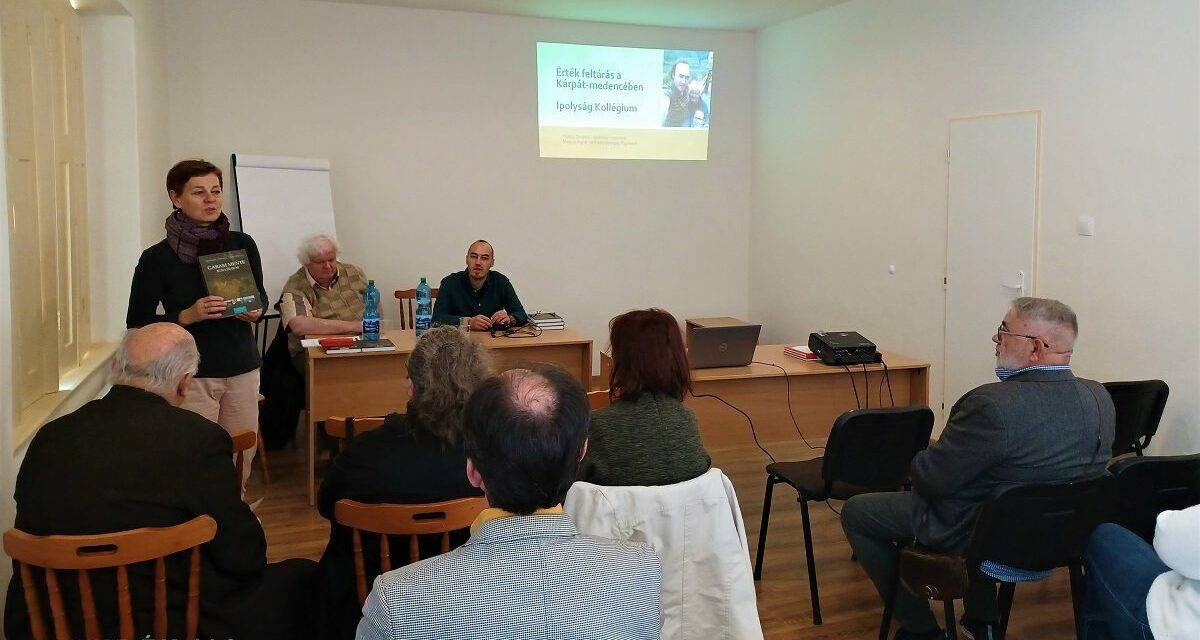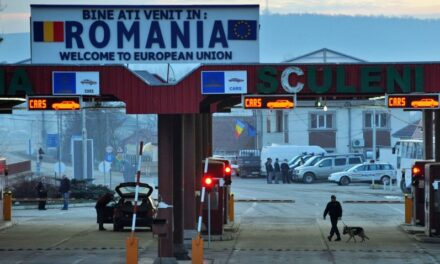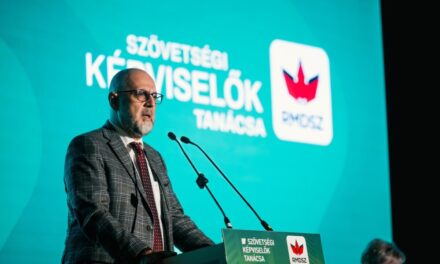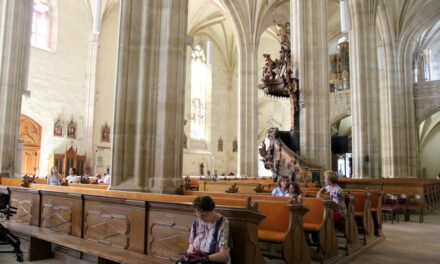With the support of the Gábor Bethlen Fund Management, the Lakitelek People's University is starting a research project focusing on the lower part of the Ipoly. The Ipolyság College aimed to assess the opportunities and cultural and spiritual condition of the people living in the mentioned area. The first informational meeting of the college was organized at the Lajos Pongrácz Community Hall in Ipolyság on April 10.
As Mónika Jámbor, the college's coordinator in the highlands, explained at the professional meeting: in the coming period, the members of the college will conduct research in more than thirty villages in the Lower Ipoly region.
"The research work encompasses the everyday lives of the communities living here," stated the professional leader from the highlands.
Mónika Jámbor , professional coordinator of the college in Felvidék (Photo: Péter Pásztor/Felvidék.ma)
At the April 10 meeting, the mayors and representatives of the affected settlements were able to learn about the work of the college, the goals of the research, and the details of its future implementation.
As Gergely Halász , the technical coordinator of the preservation program in Ipolyság, said: "The People's University of Lakitelek (newly known as Hungarikum Liget) jointly carried out research and data collection fieldwork in the entire Carpathian basin with several institutions of higher education in the country and beyond the border. Participation in the mentioned programs – in addition to the specific professional content – is an outstanding personal experience for young people pursuing their university studies, which, in addition to enriching their knowledge, also has constructive content in terms of their sense of responsibility for the nation.
The program started in 2015, and the research mapping the Lower Pole is already the 26th activity of its kind.
"We are trying to examine the condition of the Hungarians living there in the annexed areas. Numerous researches of this nature have taken place throughout the Carpathian Basin. In the Highlands, we mapped Martos, Csallóköz, the Garam Mente, and the Nyitra region"
Gergely Halász said.
The value exploration research examines the spiritual and material values of the given village. In this regard, Halász explained: we are investigating everything related to Hungarianness.
Hungarian students and lecturers from various domestic and foreign universities are participating in the research. On average, a research group consists of four people including the lecturer. The research groups operate in the field with the help of a local leader.
During the research week in the second week of May, it is expected that 11 groups will carry out research work. Thus, on average, there are three settlements per research group. The second round of research is expected to take place in early autumn. According to the plans, the publication summarizing the research will be published in the winter of 2022, it was said at the informational meeting.
Gábor Loksa , a teacher at the People's University of Lakitelek, emphasized at the meeting that "value-preserving resources are being explored, and every person who does something for his community is considered a value-preserving person."
In recent years, the Lakitelek Folk College About 19,000 questionnaires were evaluated.
Source, full article and featured image: Péter Pásztor/Felvidék.













